On Sept. 9, Clemson College Republicans tabled on Library Bridge, polling students on whether they believe concealed carry should be permitted on Clemson’s campus. A day later, conservative activist Charlie Kirk was fatally shot on Utah Valley University’s campus.
The organization’s stance stems from the U.S. Constitution’s Second Amendment. Members believe that concealed carry would make the University a safer place for all types of students, especially for women.
“College campuses are, unfortunately, they’re a breeding ground for assault against women,” Jane Kihne, CCR public relations chair, told The Tiger in an interview. “So it is extremely important for women to have the option to have a gun to protect themselves.”
CCR President Jack Lyle explained that Americans hold the right to defend themselves by use of firearms under the Second Amendment, which should not end at the borders of a college campus.
A day after the CCR tabled in advocacy for concealed carry on campus, Kirk was killed at an event held by Turning Point USA on Utah Valley University’s campus.
Utah is a constitutional carry state, and adults ages 21 and older are permitted to openly or concealed carry firearms on college campuses without a permit, according to Utah House Bill 128.
CCR does not believe there is a correlation between Kirk’s death and the constitutional carry laws that Utah follows. Lyle claimed this could have happened on any campus, and they want to demonstrate the distinction between what happened to Kirk and what the organization is presenting with campus carry.
“We acknowledge that yesterday was in no manner related to … in the opinion of the College Republicans, related to the possession of firearms on campus,” Lyle stated. “But instead, this was a political assassination carried out to end the life and to silence the voice of one of the most influential and effective political commentators and political influencers of our time.”
Clemson College Democrats brought attention to the idea that permitless concealed carry on Utah Valley’s campus could have made it harder to identify the shooter. “What happened was horrible, terrible … It forwarded my beliefs that there shouldn’t be any guns allowed on campus,” Enid McDonald, vice president of CCD, told The Tiger in an interview.
CCR is specifically advocating for the University to exercise discretion to allow certain concealed weapon permit holders to conceal carry on Clemson’s campus.
South Carolina’s firearm legislation was recently altered in 2024. South Carolina House Bill 3594, known as the Constitutional Carry Guidance, authorizes individuals to openly carry or conceal firearms, regardless of whether the individual has a CWP. Section 16-23-420 of South Carolina legislation currently prohibits the possession of a firearm at any university or college.
Constitutional carry — the legal open carry or concealed permitless carry of a firearm — is growing in prevalence within the United States’ firearm legislation. CCR “ideologically” supports constitutional carry, but does not seek to implement constitutional carry on campus, according to Lyle.
“The law of South Carolina dictates that the universities themselves have the right to issue permission to individuals to carry on campus. That’s what we want to see Clemson to do, the administration to do,” Lyle told The Tiger.
The organization wants the University to take a “proactive, yet strict approach” to campus carry, “while still empowering individuals who have proven themselves to be responsible gun owners,” according to Kihne. For CCR, it is essential for guns to be safely and securely stored.
CCR “desires” for Clemson University to issue permission to individuals carrying the CWP so that the University can directly monitor and control who carries and at what time. Steven Pittman, outreach chair, noted that this is not for “random gun owners.”
The organization is collaborating with officials, different student organizations and the Upstate community on its initiatives.
Regarding the organization’s belief that CWP holders being allowed to carry on campus would enhance the safety of students, CCR members also discussed mass shootings in relation to gun-free zones.
“A very high percentile of mass shootings are deliberately selected for designated gun-free zones,” Jackson Heaberlin, CCR social chair, said.
A study conducted by UC Davis Health in 2024 found that “active shootings were 62.5% less likely to occur in gun-free establishments than in gun-allowing places.”
When asked about the role of student opinion in their advocacy, CCR members mentioned that they subject themselves to the will of the student body and the greater Clemson community. If the idea of CWP is widely rejected by the public, it would be hard for the organization to continue supporting it.
“Guns are weapons, and so it is totally understandable that people have hesitation,” Kihne added. “But I think a lot of those people’s opinions would change if they took a second to talk and learn about it.”
Lyle said that the pro-gun community is the most strict and stringent about firearm safety, and they’re in support of education being enacted alongside campus carry.
CCD expressed concerns about allowing guns in classrooms, specifically regarding the risk of high emotions and easier access to guns.
“There’s so many high emotions constantly going on every semester, and there are so many lives that are taken because they have easier access to guns,” McDonald said.
Jordan Sylvester, president of CCD, raised apprehension with not knowing who could potentially have a firearm on campus and in a classroom. She noted that she would feel less safe allowing concealed carry on campus.
Clemson’s Turning Point USA chapter said they have no comment on concealed carry on campus at this time.




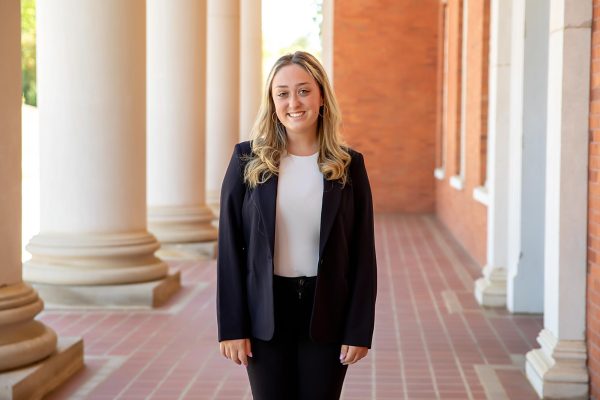
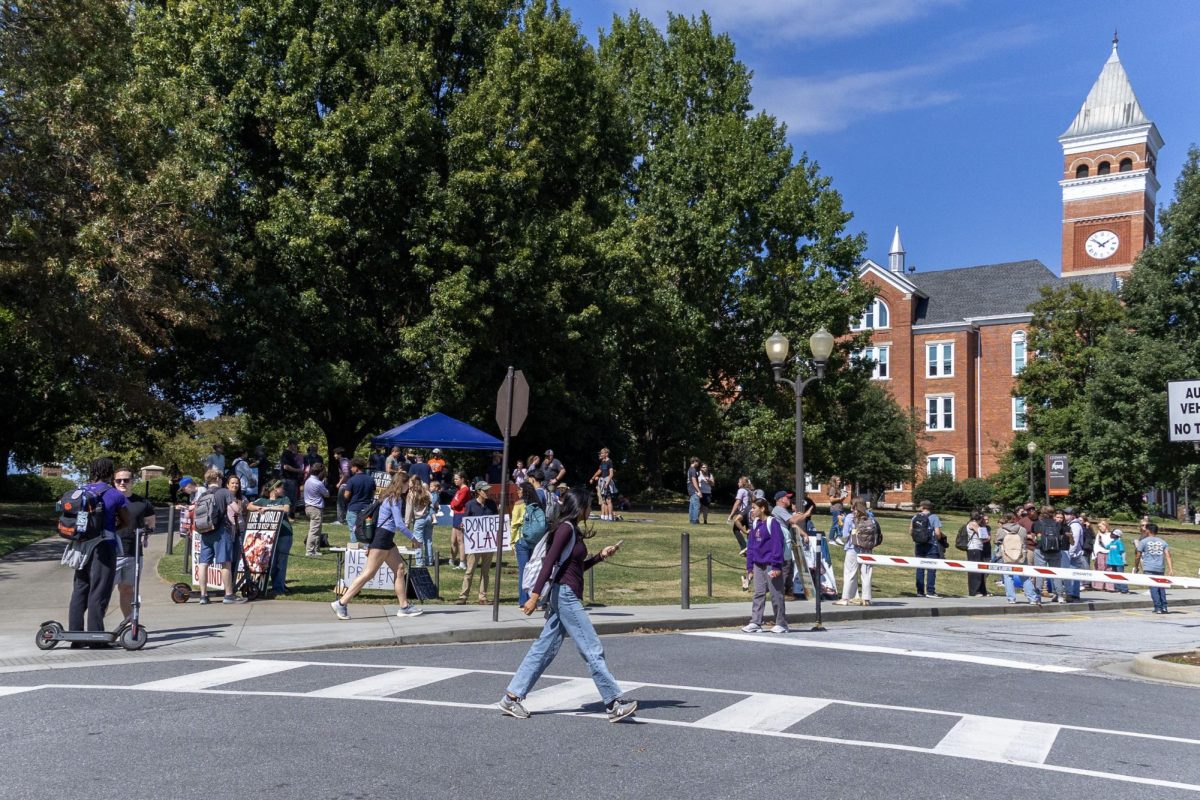
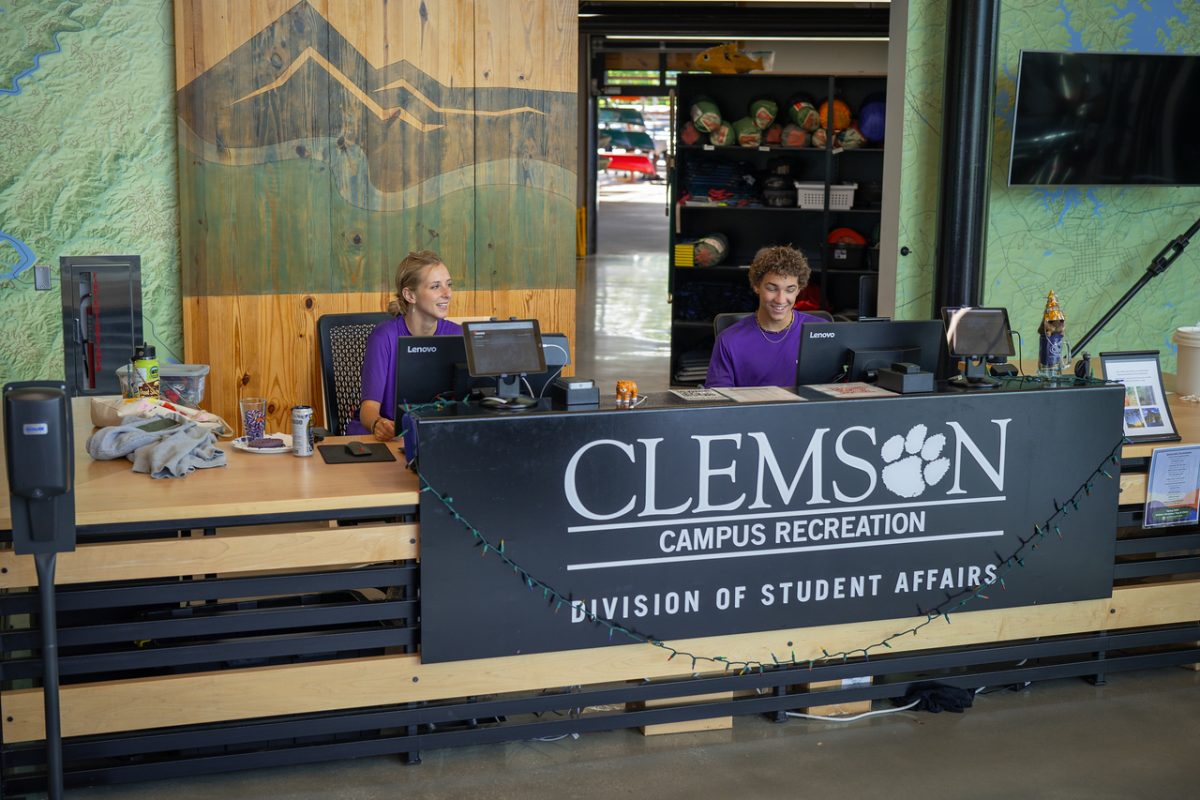
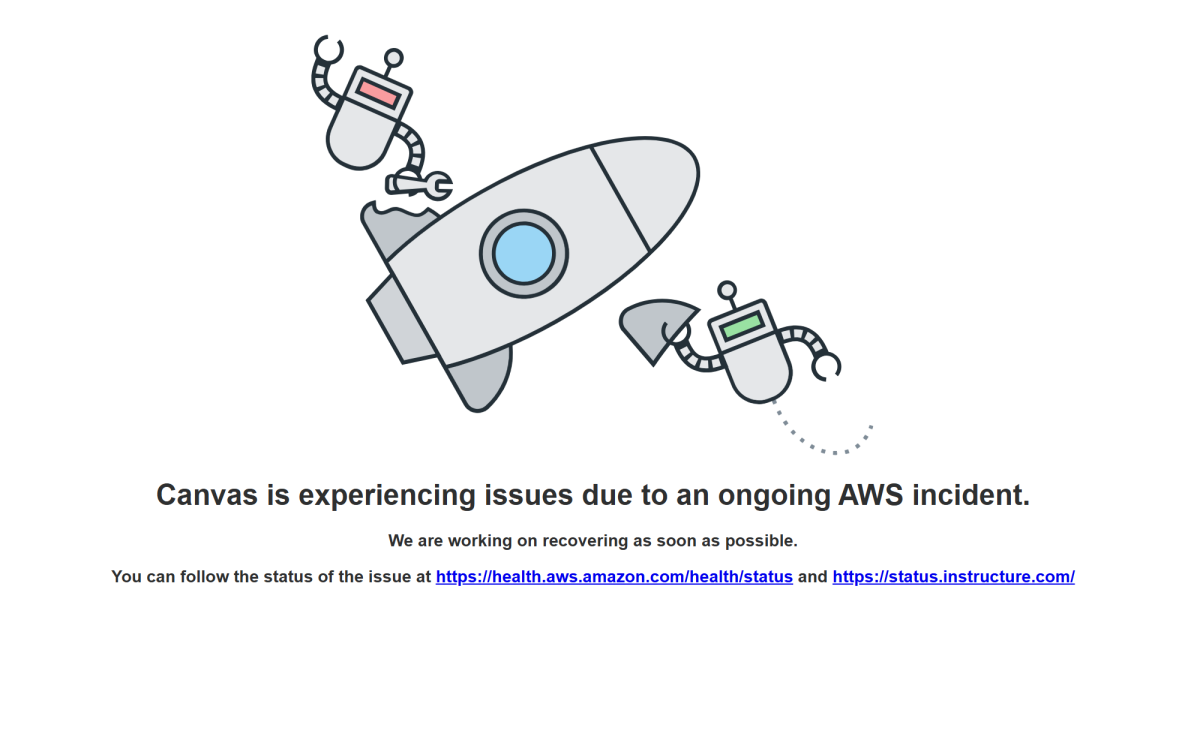
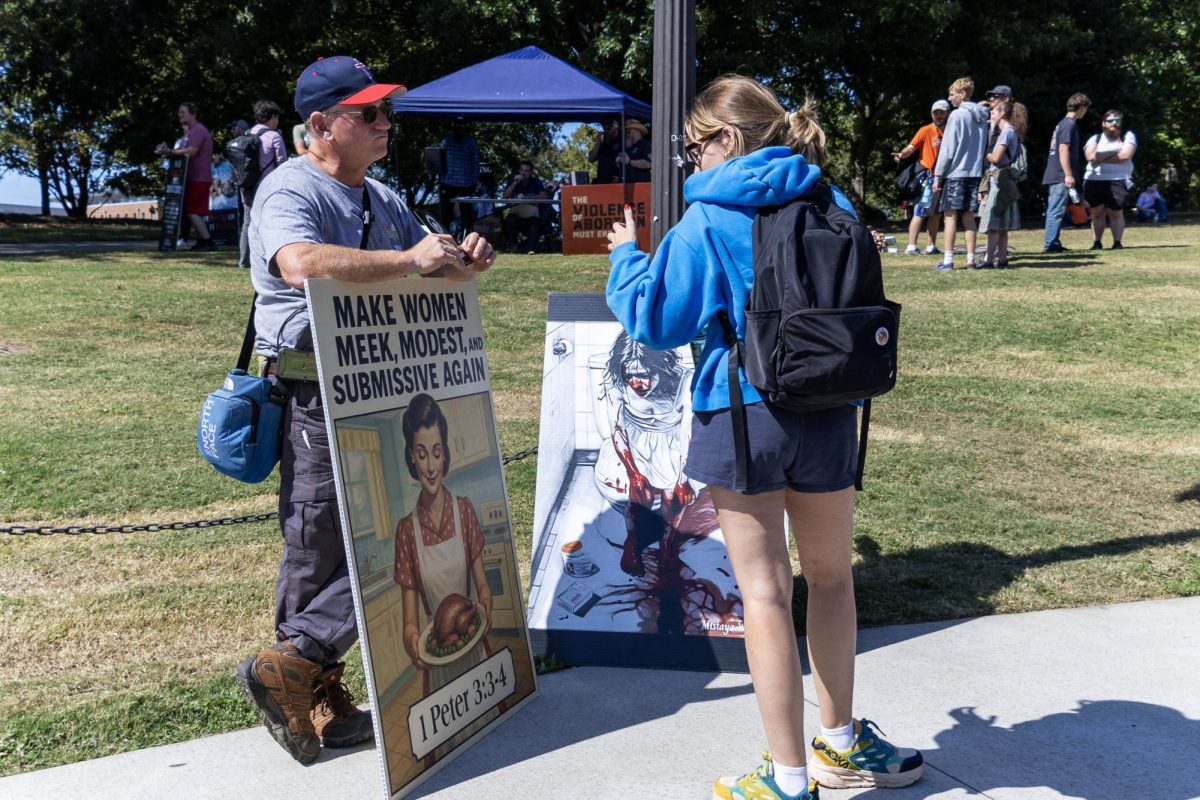
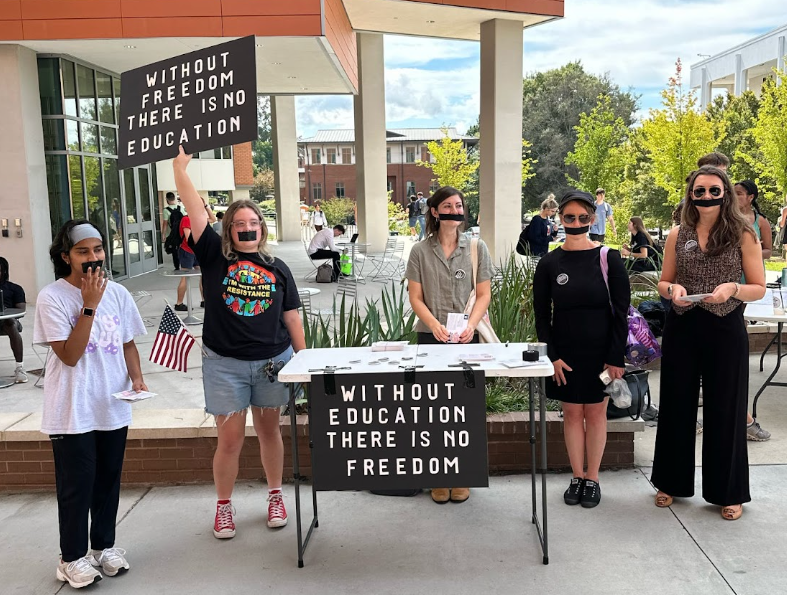



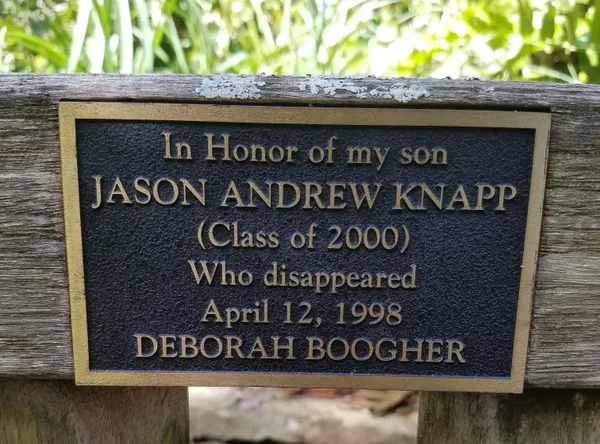


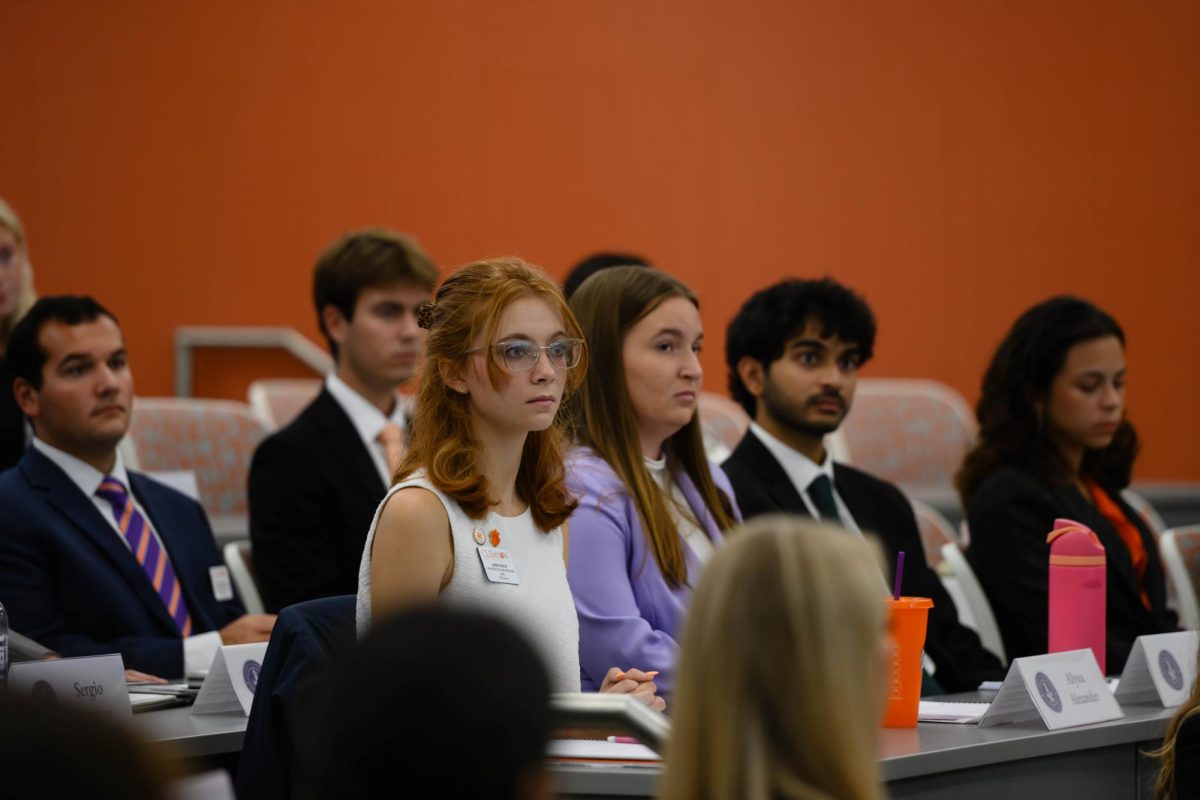
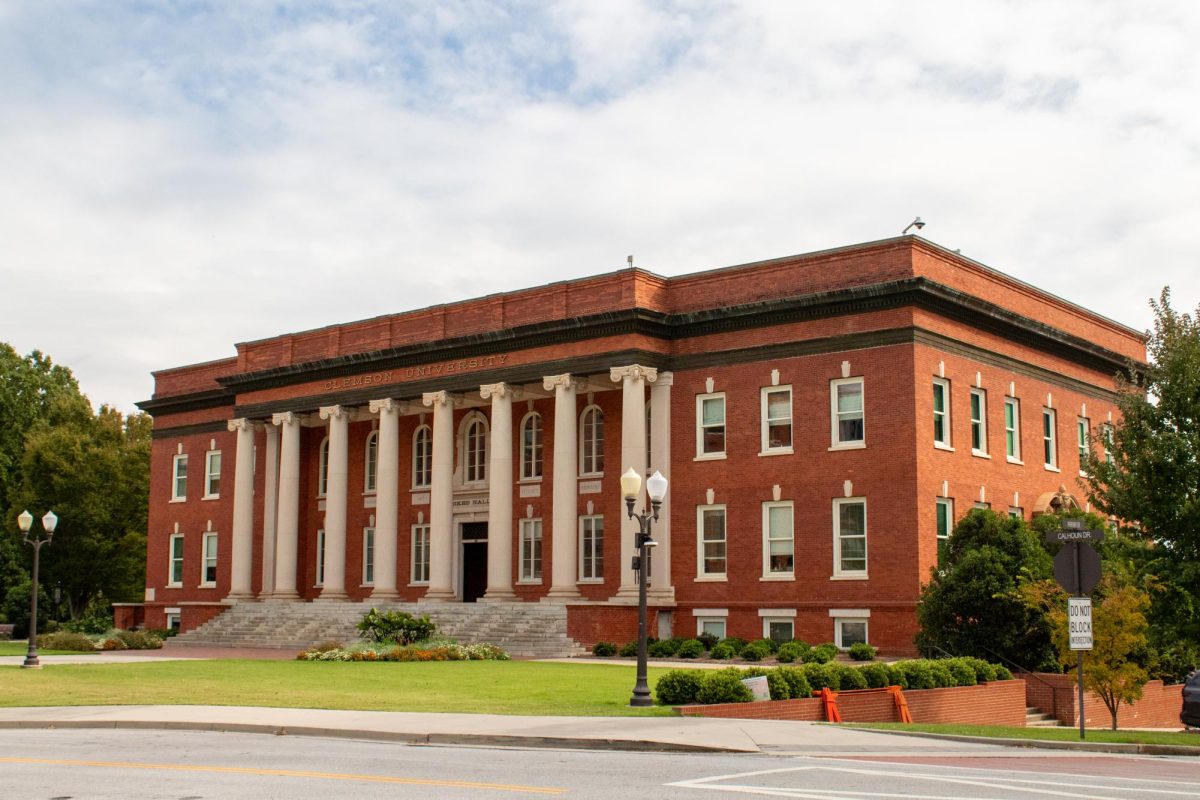



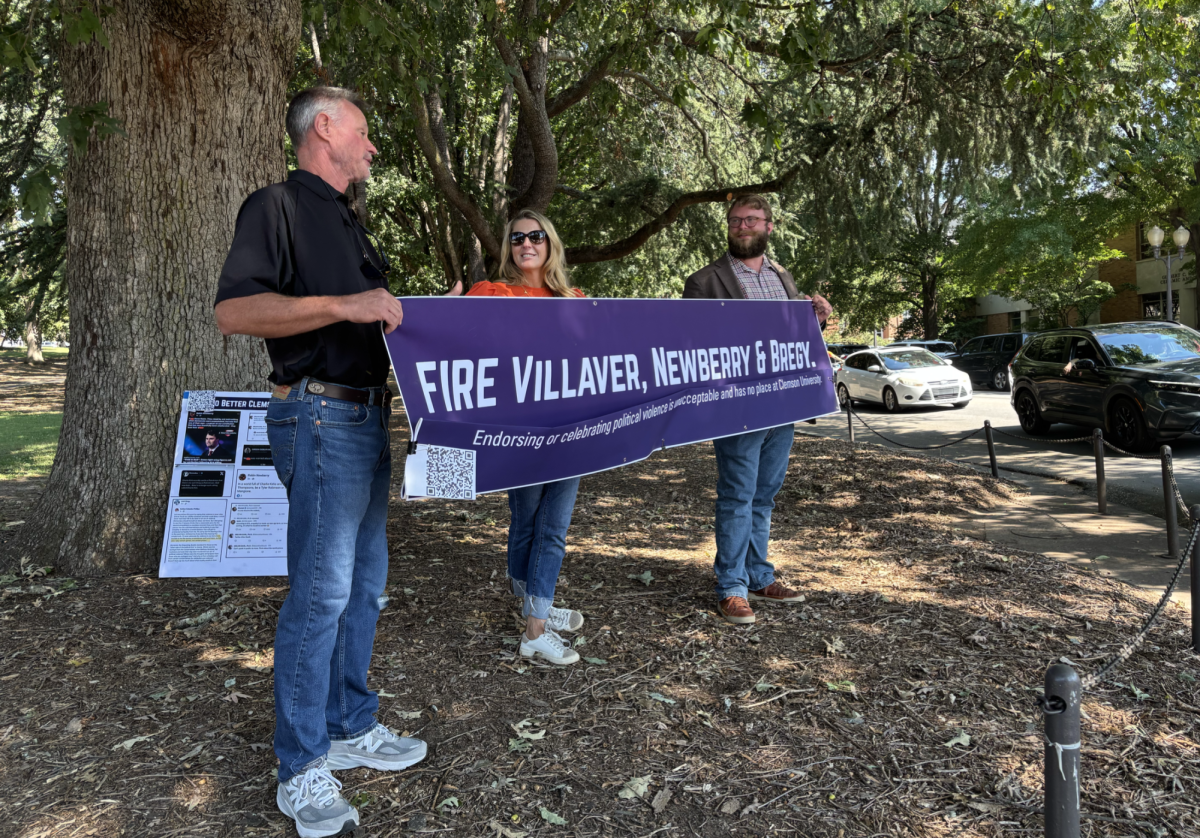
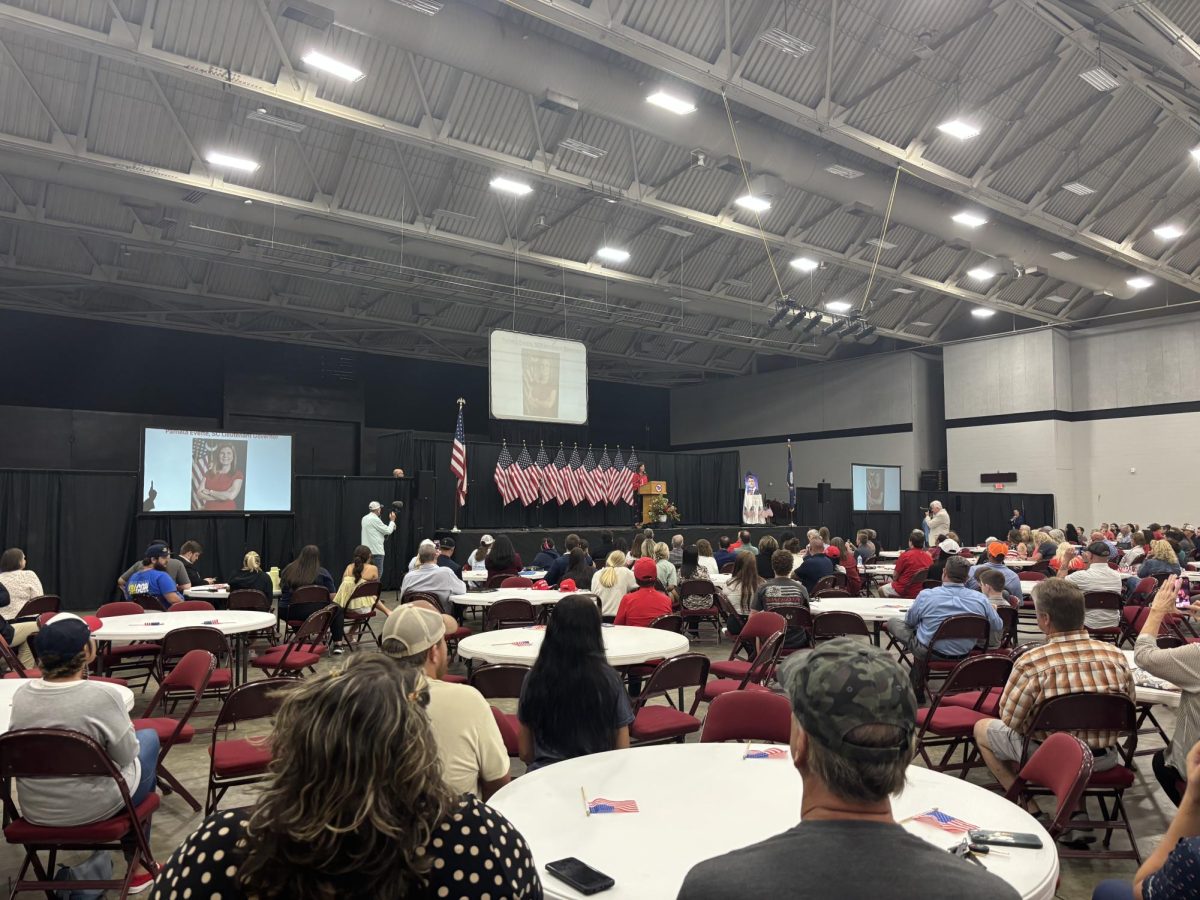
Grace Zulewski • Sep 19, 2025 at 2:28 am
Concealed carry should not be permitted at Clemson. Guns have no place on a university campus.